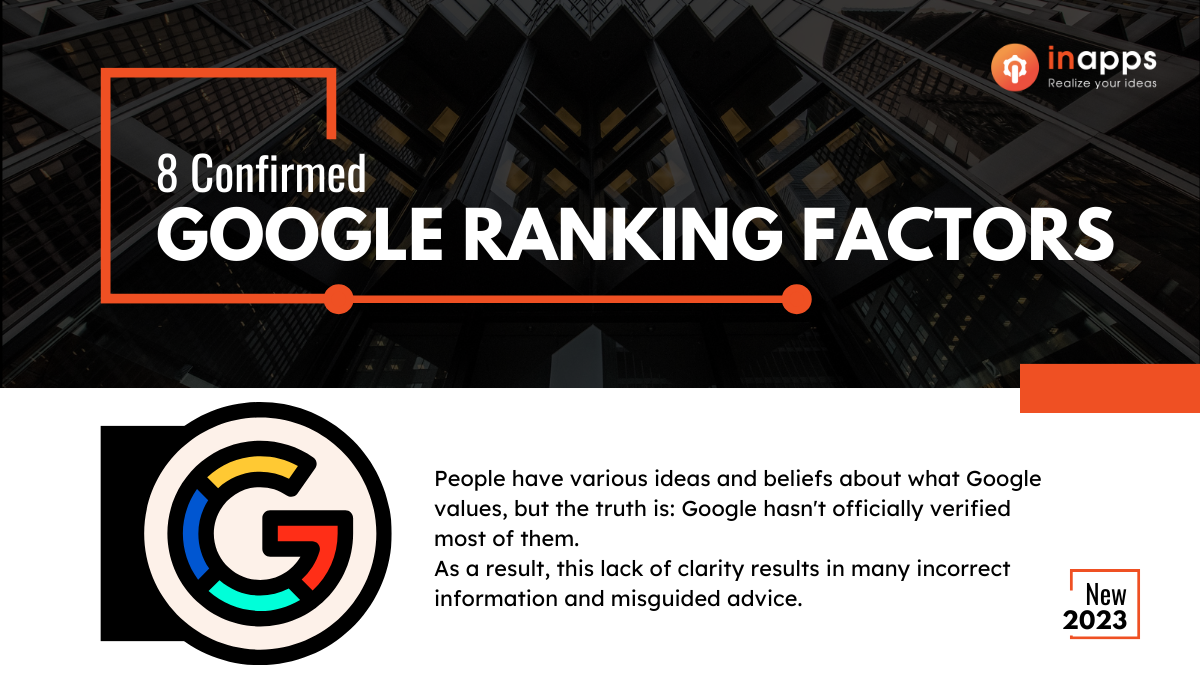Google is the most popular search engine globally, processing billions of searches daily. However, understanding Google’s exact criteria to rank websites has always been challenging. People have various ideas and beliefs about what Google values, but the truth is that Google hasn’t officially verified most of them. And this lack of clarity results in many incorrect information and misguided advice.
Understanding that, we’ll delve into 8 confirmed ranking factors used by Google. This way, you can focus on what will help your website rank higher in search results.
8 Confirmed Google Ranking Factors
Google considers many ranking factors when determining where to rank a website. However, eight confirmed ranking factors have been identified. These are:
#1. Backlinks
Backlinks are one of Google’s strongest ranking factors, as Andrey Lipattsev confirmed in 2016.
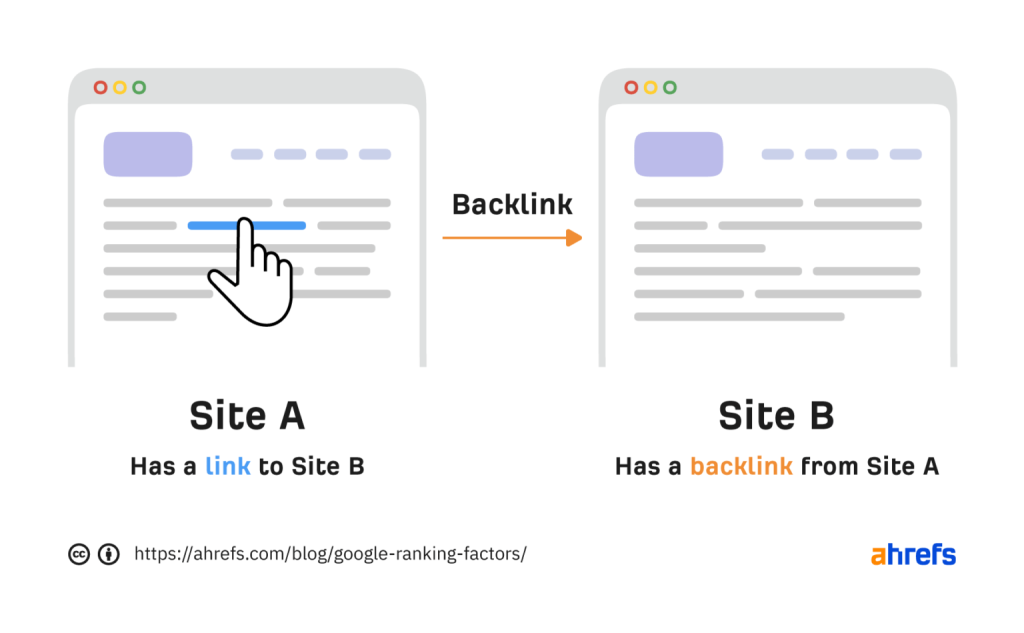
However, it’s important to note that not all backlinks are created equal – some will substantially impact your website’s ranking more than others. Unfortunately, there is no definitive answer as to what makes the perfect backlink. Google suggests that backlinks should come from other well-known and respected websites related to your website’s subject matter.
#2. Relevance
Google uses a complex system of algorithms to figure out what people want when they search. As a website owner, understanding this system is vital if you want your site to show up near the top when folks search for keywords related to your content.
While there’s no guaranteed method, you can gather clues by checking out the top-ranked results for similar keywords. For instance, if you look up “air fryer,” you’ll notice that most of the top results are blog posts suggesting products.
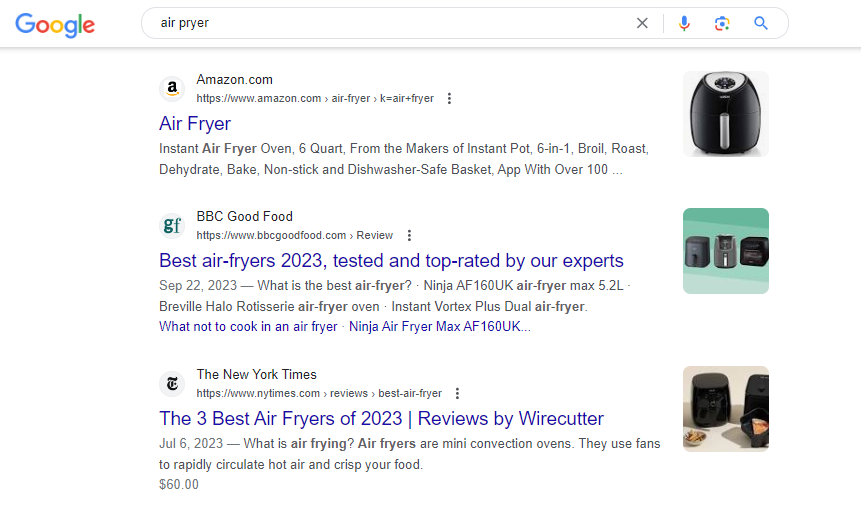
This tells us that searchers are in research mode and not ready to buy. So, it’s more effective to create a blog post targeting this keyword instead of an online store category page.
You can find out how well these pages typically rank for keywords using Ahrefs’ Content Gap tool. These rankings often reveal important subtopics.
#3. Freshness
The freshness of a search result is a ranking factor that varies depending on the search query. It holds more weight for queries that require up-to-date information. This is why the top results for “Netflix new shows” are relatively recent, while the results for “How to Solve a Rubik’s Cube” tend to be older.
To rank well for keywords related to freshness, it’s essential to keep your content current. This involves regularly publishing new articles or updating your existing pages to cater to searchers’ needs.
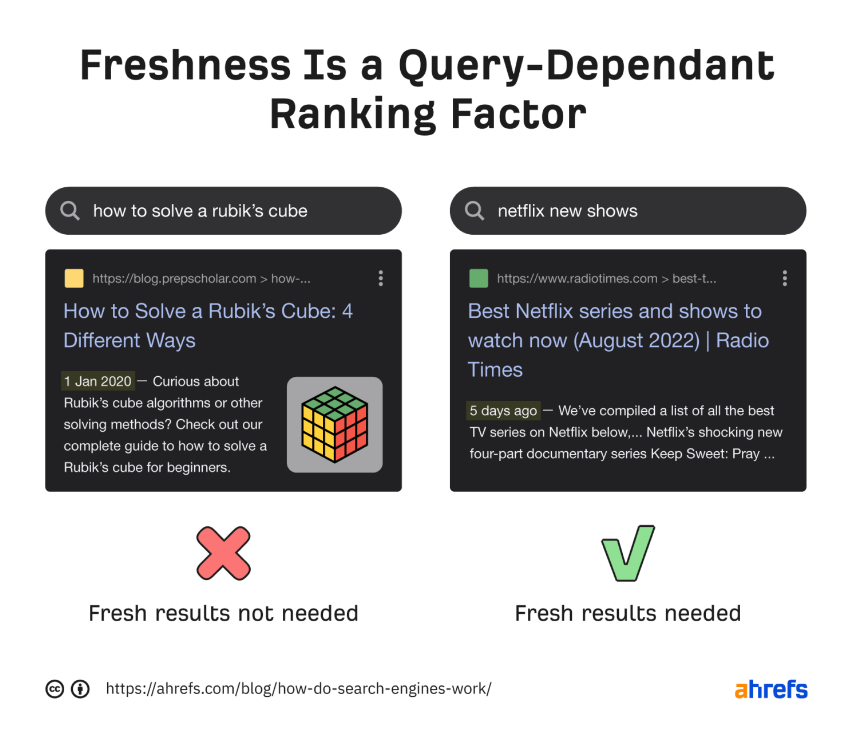
#4. HTTPS
HTTPS enhances the security of your website by encrypting the communication between visitors’ web browsers and your web server. Google has considered this a minor ranking factor since 2014. If your website doesn’t use HTTPS, you’ll encounter a “Not Secure” warning in your browser.
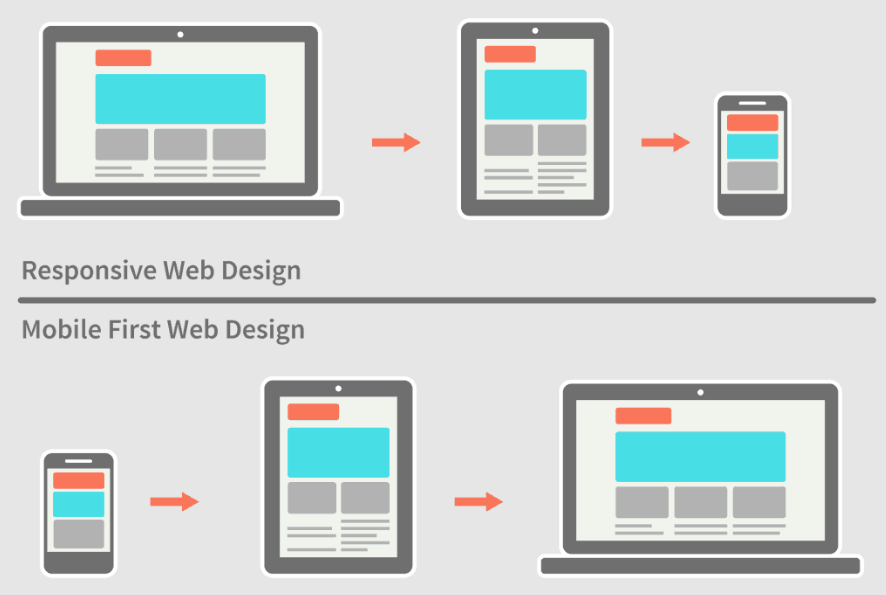
This not only benefits your website’s visitors but also contributes positively to your Search Engine Optimization (SEO). Moreover, for any website aiming for a high rank in Google search results, HTTPS is essential.
#5. Mobile-friendliness
Since 2015, being mobile-friendly has influenced rankings on mobile devices. In 2019, when Google shifted to mobile-first indexing, it also started affecting rankings on desktop computers.
If a webpage doesn’t show the same content on mobile as it does on desktop, it becomes challenging for Google to use that page for ranking purposes. This inconsistency between mobile and desktop experiences could potentially harm your search rankings. Therefore, it’s crucial to ensure your website is equally user-friendly on mobile devices and desktop computers.
#6. Page speed
Page speed is a factor that affects both your ranking in search engines and how users perceive your site. A slow site can frustrate users and lead to a higher bounce rate, which tells search engines that your site needs to provide a better experience.
You can check your site’s page speed with Ahrefs Webmaster Tools. Just crawl your site using Site Audit and then go to the Performance report. There, you’ll see the “Time to first byte” and “Load time” distributions.
#7. Core Web Vitals
When it comes to website performance, Google uses three metrics: Largest Contentful Paint (LCP), First Input Delay (FID), and Cumulative Layout Shift (CLS).
You can check your site’s performance in the Ahrefs Site Audit Performance report.
#8. Intrusive interstitials
Interstitials are those annoying page overlays that can get in the way and block what users want to see on a webpage. They interrupt the browsing experience and can be pretty frustrating. Google shares this sentiment and has decided to penalize websites that use them.
In 2017, Google declared that these pesky interstitials are a no-no for good rankings. They’re now part of the factors that make up the Page Experience signals.
Here’s what Google advises when it comes to interstitials:
- Instead of using interstitials, opt for banners.
- Avoid interstitials that cover the whole page.
- Don’t send users to a different page just to get their consent or input.
So, there you have it! These are eight confirmed factors that influence your Google ranking. While many of them might be familiar, some could be eye-openers. By keeping these eight ranking factors in mind, you can enhance your website’s position in Google search results.
Conclusion
There are a variety of factors that impact how your website ranks on Google. For example, the quality of your content and how well it answers the user’s query will significantly impact your ranking. However, some lesser-known factors can also affect your ranking, such as the time of year you publish your content.
These are just some of the factors you should consider when creating content, but many others do not directly impact your ranking. If you want to learn more about the factors that affect your website ranking, then read more of our checklist today by visiting InApps Technology. Thank you for reading!
Let’s create the next big thing together!
Coming together is a beginning. Keeping together is progress. Working together is success.




